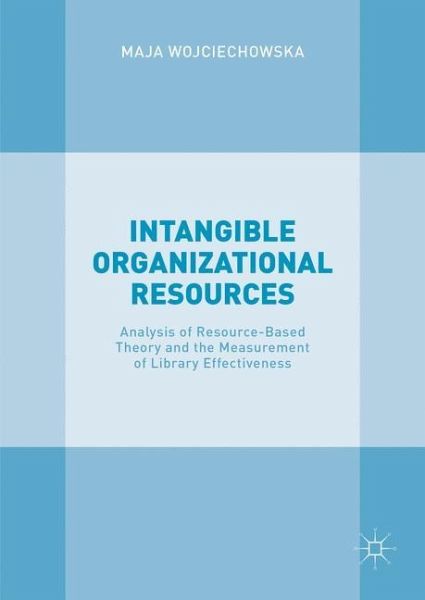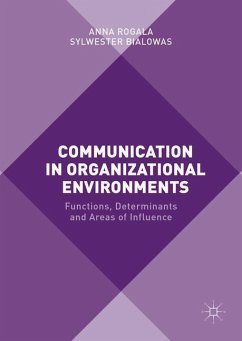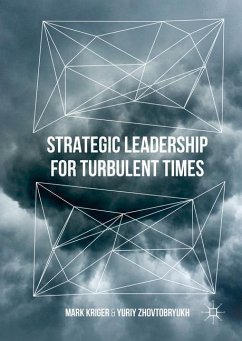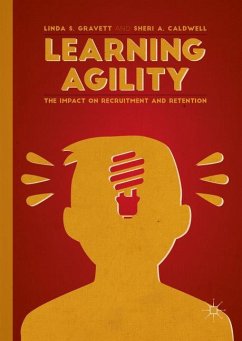
Intangible Organizational Resources
Analysis of Resource-Based Theory and the Measurement of Library Effectiveness

PAYBACK Punkte
38 °P sammeln!
This book addressesthe challenges of organizing modern-day institutions, focusing on themanagement of intangible organizational resources of libraries through bothlibrary science and management theory. Highlighting new informationrequirements, knowledge transfer technologies and changing patterns of social behaviour,Intangible Organizational Resources exploreshow these changes are affecting the organization of information services suchas libraries, and discusses what they mean for the effectiveness and quality oftheir services. Making a unique contribution in an otherwise under-exploredfield, ...
This book addressesthe challenges of organizing modern-day institutions, focusing on themanagement of intangible organizational resources of libraries through bothlibrary science and management theory. Highlighting new informationrequirements, knowledge transfer technologies and changing patterns of social behaviour,Intangible Organizational Resources exploreshow these changes are affecting the organization of information services suchas libraries, and discusses what they mean for the effectiveness and quality oftheir services. Making a unique contribution in an otherwise under-exploredfield, this is an essential text for those involved in the organization ofinformation services.












